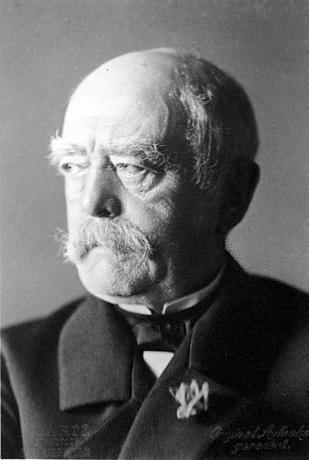Persephone She was a Greek deity recognized as the goddess of agriculture and fertility, directly related to grain plantations. The Greeks considered that her harvest success was linked to this goddess and Demeter, also known as the goddess of agriculture and for being the mother of Persephone.
This had a secondary position in Greek mythology, but was part of one of the best-known myths of Greece in Antiquity: the one that narrated her abduction. In this myth, Persephone was kidnapped by Hades, who turned her into his wife. Persephone's abduction deeply saddened her mother, Demeter.
Read too: Hercules — the Greek hero known for his great strength and important feats
Who is Persephone to the Greeks?
Persephone is known as a goddess present in the mythology and religiosity of the Greeks in Aantiquity. The Greeks claimed that she was the goddess of agriculture and vegetation, being one of those responsible for the fertility of plantations, especially grain plantations. She shared this position with her mother, Demeter.
Besides being daughter of Demeter, Persephone was daughter of Zeus, god of the sky, lord of Olympus and the most powerful deity in the Greek pantheon. Persephone was related to spring, the season in which plants flourished, and their cult was spread throughout Sicily and the south of the Italian peninsula (known as Magna Grecia).
She was also known as queen of the underworld for being Hades' wife, with her marriage to Hades being part of the most important myth surrounding the name Persephone, as we will see. She was also called Kore by the Greeks, a term that can be translated as “maiden”. The Romans also worshiped Persephone and knew her as Proserpina.
The abduction of Persephone in Greek mythology
Persephone was not a goddess often mentioned in Greek myths, but the myth of her abduction is one of the most important and best-known myths in the entire mythology of these ancient people. Furthermore, he is played in a very interesting way, as we will see. Let's follow her summary.
The narrative begins with Hades leaving his kingdom temporarily to check on the progress of a war between the Greek gods against the giants. After he abandoned his kingdom, Hades was shot by a dart thrown by Eros, son of Aphrodite and known as the god of love.
Shortly after being targeted by Eros' dart, Hades saw Persephone and fell in loveor she. While picking flowers in a prairie, she was forcibly placed by Hades in his chariot and taken against his will to the underworld. Hades did this so that she would marry him and become his wife. There are versions of this myth that indicate that Zeus himself authorized Hades to act in this way.
Persephone's mother noticed her daughter's disappearance and became desperate, being informed shortly afterwards about what had happened. Demeter was inconsolable because of her daughter's absence and isolated herself in a temple that had been built for her in Eleusis.
Demeter's absence affected agriculture on Earth and caused food shortages. Human beings began to suffer from hunger, and this caused offerings to the Greek gods to be affected. When this happened, Zeus decided to intervene in the situation and negotiate with Hades so that Persephone could be returned to her mother. Hades, finally, accepted that Persephone spend part of the year with Demeter.
In this way, she spent half the year with her mother and the other half with Hades, in the underworld. This myth is understood by historians as a explanation for the seasons, because the moment Demeter was away from her daughter, she became sad, which corresponded to the period of autumn and winter.
See too: Poseidon — the Greek god of seas and rivers
Persephone in the religiosity of the Greeks
Although Persephone is a figure of secondary importance in the myths, she had a great influence on religion, and the festival held in her honor was one of the most popular in the world. Greece Old: you Eleusinian Mysteries. Although the ritual prioritized the figure of Demeter, Persephone was also worshiped in it.
An important part of this festival was the reenactment of Persephone's kidnapping and Demeter's journey to recover her daughter. It was a very traditional rite, which was carried out between 1600 BC. W. and 392 d. C., when it was closed due to the growth of Christianity. Only those who were initiated into the ritual could participate in the Eleusinian Mysteries..
The Eleusinian Mysteries were held twice a year, taking place in the spring and at the turn of the year. summer for the fall. Those who participated in this ritual aimed to guarantee a good life in the afterlife, that is, wanted to have peace in the afterlife. The origins of the cult of Persephone may be related to agrarian cults of rural communities that existed in Greece.



